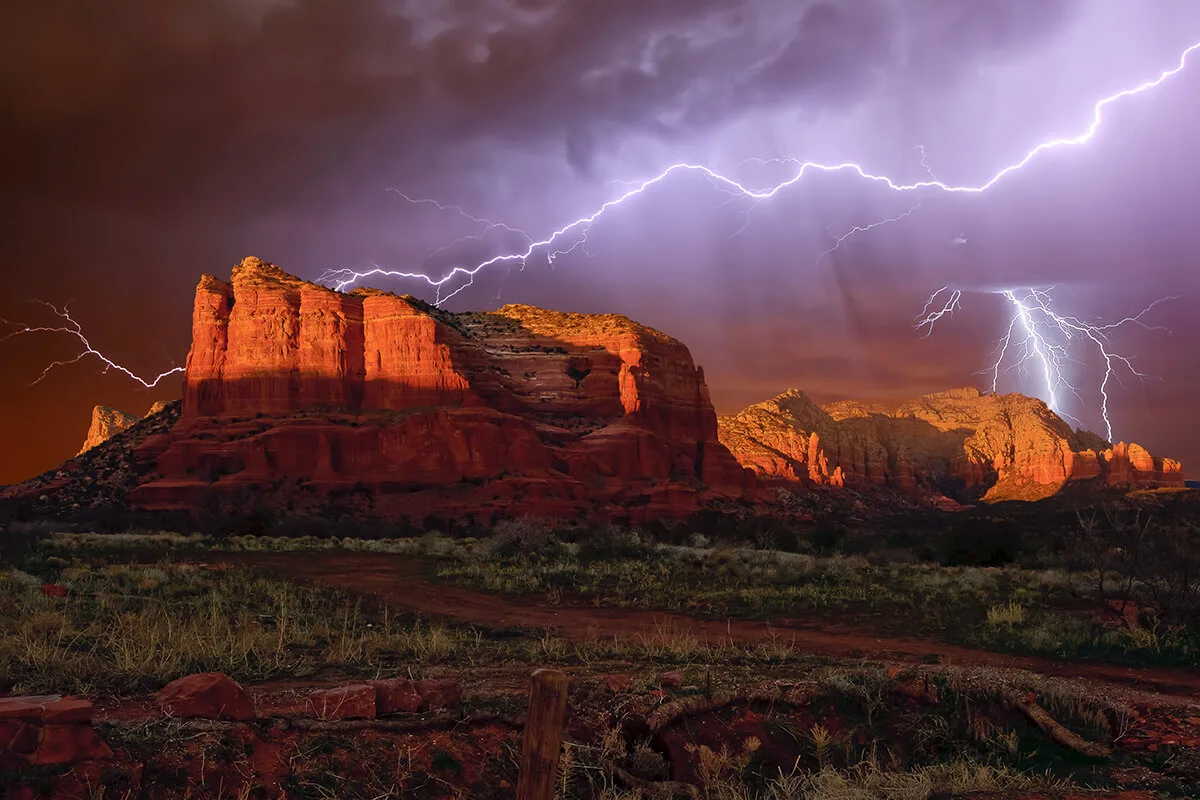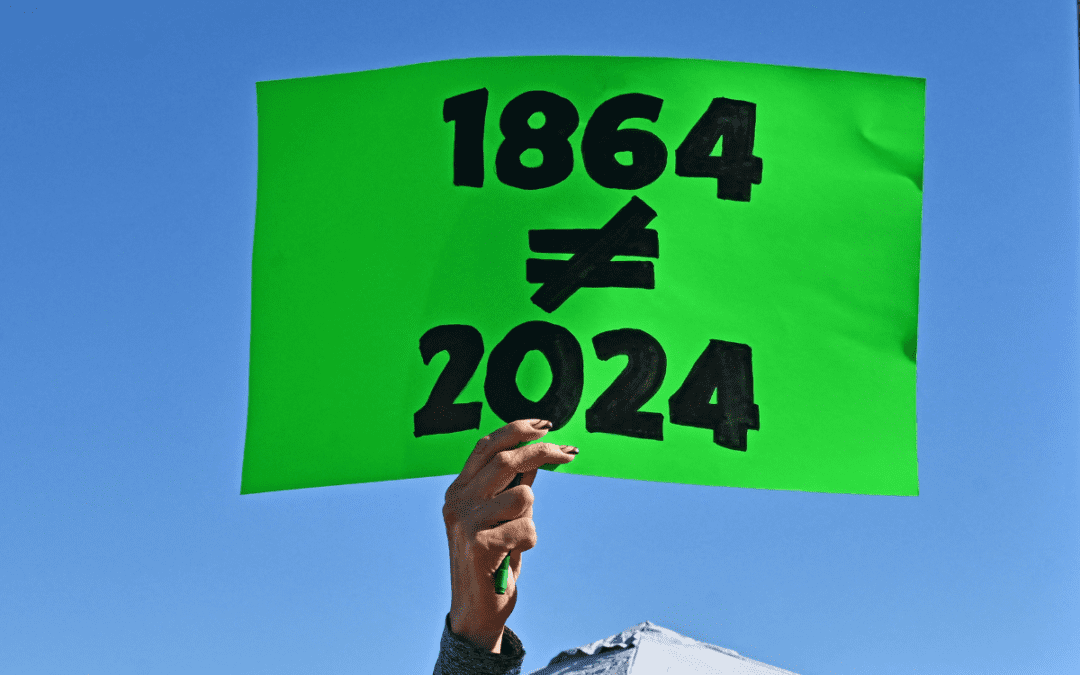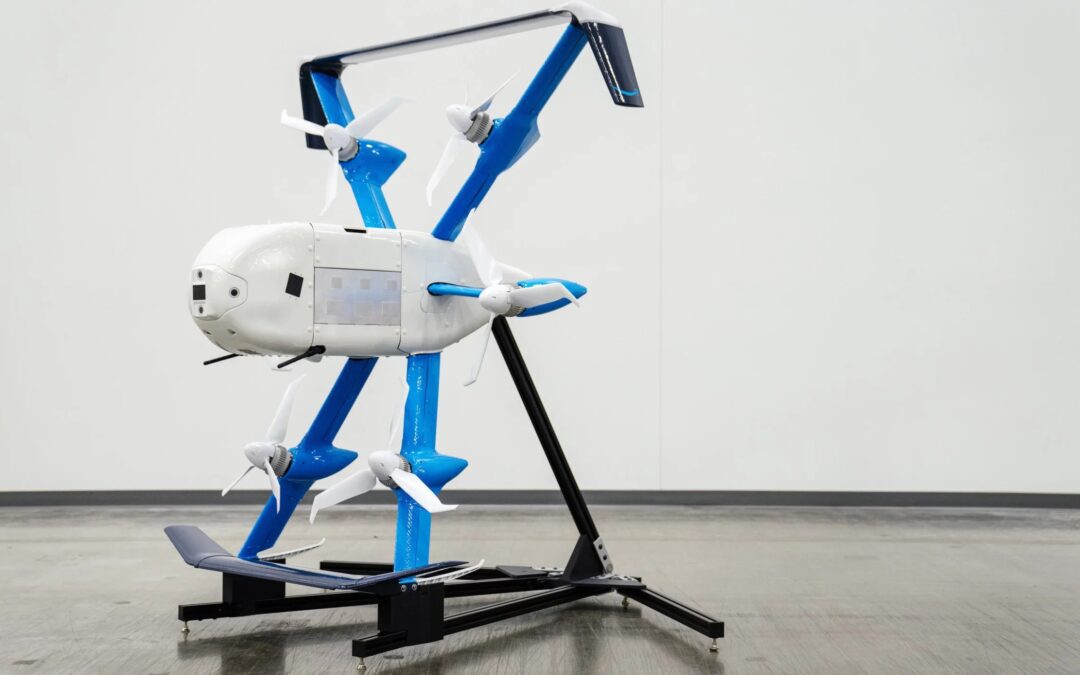
Voter fraud is exceedingly rare in the US.
President Donald Trump and Republicans members of Congress have repeatedly—and without evidence—cited concerns over widespread voter fraud ahead of the 2020 election. However, research shows that election fraud is rare, and that allegations of fraud can make it harder for voters to participate.
The 2020 election will look different as millions more Americans cast their ballots by mail.
Public health and political experts alike have encouraged citizens to vote by mail, to cut down on in-person contact and slow the spread of COVID-19. But that has led to Trump repeatedly claiming—again, with zero evidence—that the election isn’t secure.
It’s important to note that voting by mail is not new. Five states already conduct their elections almost entirely by mail: Colorado, Washington, Hawaii, Oregon, and Utah. The system leads to high voter turnout. For example, in Oregon 68% of registered voters voted in the last presidential election. The average nationwide was just 55%.
RELATED: A Timeline of Arizona’s Long History of Early Voting
Arizona has allowed voting by mail without a reason since 1991 and created a Permanent Early Voting List in 2007 to automatically send ballots to those who want them. About 80% of state residents choose to vote this way.
Experts agree that wide-scale voter fraud is exceedingly rare.
“The reason you hear so much about this issue, notwithstanding evidence that mail voting is safe and secure, is that fear is powerful justification for voter suppression measures: barriers to the vote like notary requirements on mail ballots, limited drop-box locations, strict photo ID, and aggressive voter purges,” Chiraag Bains, who serves as the director of legal strategies at the think tank Demos, said in an email interview with COURIER. “It’s deceptive, and it’s anti-democratic.”
A Rare Occurrence
A study from the Scholars Strategy Network found only six cases of voter impersonation between 2000 and 2012 after investigating 2,000 public records.
The same study found that illegal registration is also rare. The Department of Justice searched for this type of voter fraud under President George W. Bush, but in the first three years of the program only 26 people were convicted or pled guilty to illegal registration or voting, out of 197,056,035 votes cast in the two federal elections held during his time in office.
That made the rate of voter fraud 0.00000132%.
RELATED: How to Track Your Early Ballot in Arizona
President Trump has also claimed—yet again without evidence—that people could print their own ballots or foreign actors could print fraudulent ballots. This would be nearly impossible to do, because official ballots are printed on specific paper and have tracking systems like bar codes.
“It is more likely that an individual will be struck by lightning than that he will impersonate another voter at the polls,” the Brennan Center For Justice wrote in their report, “The Truth About Voter Fraud.”
For more perspective, a person is also more likely to be bitten by a venomous snake in the US than commit voter fraud.
And Mother Jones reports UFO sightings are more common in the country than voter fraud.
The real problem
Bains explained that one of the biggest problems with the American voting system is exactly the opposite: millions of people cannot participate.
“The fundamental problem in our democracy is that millions of people cannot vote. In 2016, 86.5 million eligible voters did not cast a ballot—that’s 20 million more votes than either candidate received. The chief reasons are outright voter suppression and structural barriers that make it hard to register and vote,” he said.
According to the American Civil Liberties Union, Arizona has the eighth-highest disenfranchisement rate for African Americans in the country. It also has more restrictive laws keeping people with felonies from voting than 40 other states.
Restricting access to voting makes it easier for one party to assert dominance over another. The majority of efforts to restrict voting have come from the Republican party, according to the New York Times. The efforts reflect an increase in partisanship and an opposition to an increasingly diverse country.
But the solution is continuing to give citizens access and stripping efforts to restrict the vote.
“This is your democracy,” Baines said. “It is likely we will not have election results on Nov. 3, and that is healthy: it will take time to count every vote. And when legislative sessions start again, demand that your elected officials put democracy first.”
MORE: The Copper Courier’s Guide to Voting in Arizona in 2020
Politics

State Official: 1864 abortion ban gives Arizona ‘black eye’
Arizona’s role at the forefront of the climate crisis, defending democratic elections, and protecting reproductive rights has caught the attention...

Biden makes 4 million more workers eligible for overtime pay
The Biden administration announced a new rule Tuesday to expand overtime pay for around 4 million lower-paid salaried employees nationwide. The...
Local News

The Amazon drones are coming to Arizona later this year
The drones operate on electricity, while most of Amazon’s fleet of vehicles operate on gasoline. Amazon drone deliveries are coming to the West...

Arizona’s reality TV stars: Where are they now?
From A-list actresses to a controversial bachelor, here's a roundup of reality TV stars from Arizona. Whether you love it or hate it, reality TV is...





